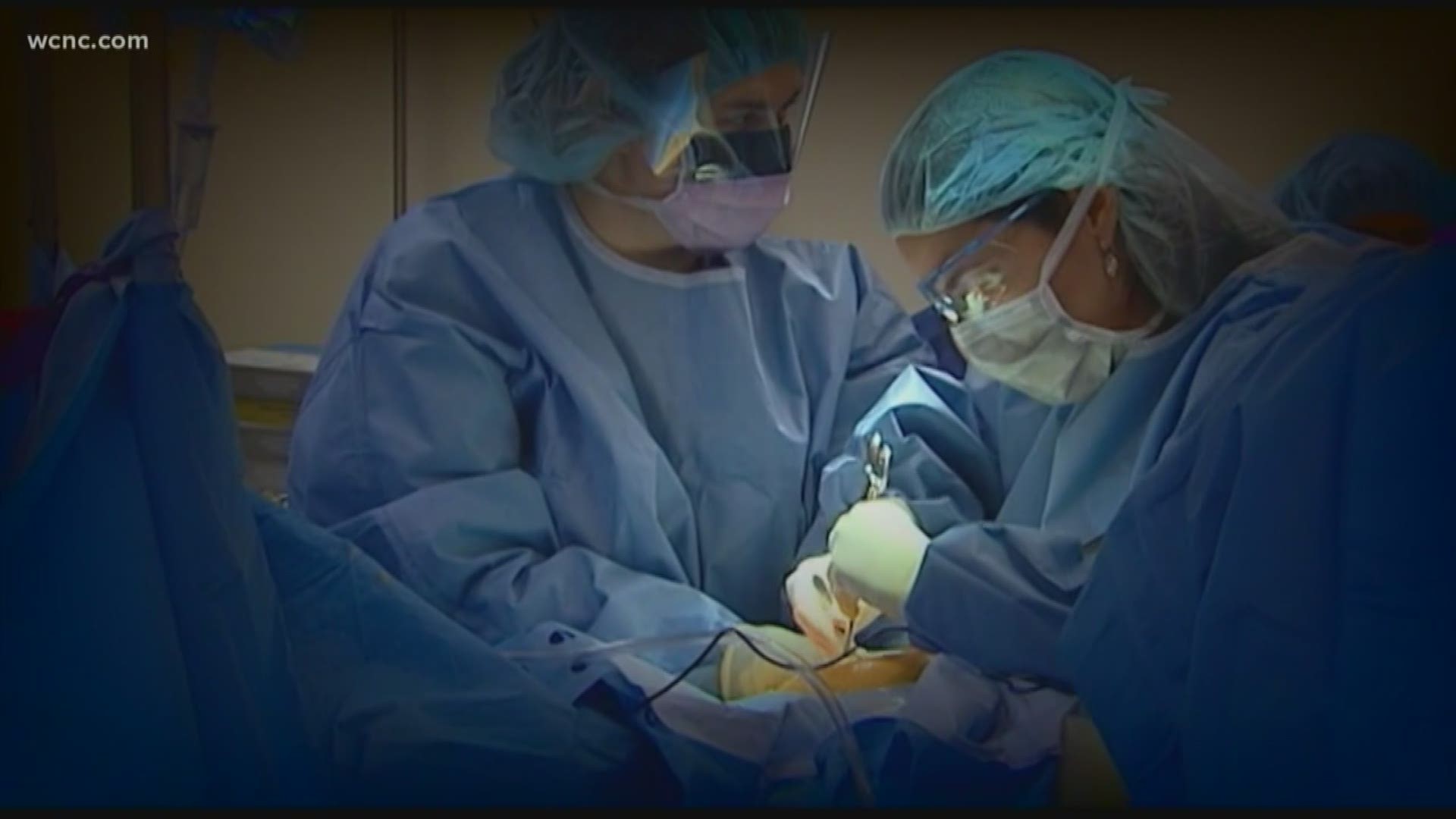CHARLOTTE, N.C. — Some of the most commonly used pieces of medical equipment are far more dangerous than patients and even their doctors first knew.
Our Defenders team, with the help of a former Food and Drug Administration employee, is exposing millions of previously unreleased problems reported by manufacturers.
From dental procedures to erectile dysfunction, cataract surgery to monitoring blood sugar, we as a country rely heavily on medical devices, but many of those devices come with their own problems.
In an effort to be more transparent, the FDA recently released more than six million never-before-seen reports turned in by manufacturers, but the medical device data is hard to decode, so we enlisted the help of Madris Tomes. The former FDA employee and owner of Device Events decoded the data.
"They're not searchable; they're coded," she said.
The FDA has long used a public reporting system for medical device problems, but, until lately, it gave the makers of certain devices another reporting tool. Those reports weren't public until earlier this summer.
Textured breast implants are now known to cause a rare form of cancer in some women, but for the longest time, those problems were under-reported publicly.
"If these plastic surgeons, for instance, didn't realize that there were 450,000 more adverse events than what they thought, they may have at least started to look for other options for their patients," Tomes said.
Implants have received warranted national attention, but other common medical devices have not received as much. Records show manufacturers reported far more serious injuries and malfunctions with some other devices over the last two decades.
"A malfunction could eventually be a death or serious injury or hospitalization," she said.
According to Tomes, the medical device with the most manufacturer reports is blood glucose tests with 2.4 million malfunctions, followed by dental implants with 2.1 million adverse events, most of them serious injuries.
"I would guess many people out there have these dental implants have not been as safe as we thought they were," Tomes said.
Breast implants come in third with nearly a half-million serious injuries reported, followed by surgical staples with 60,000 malfunctions and then a mechanical device implanted in men with erectile dysfunction that reportedly caused 52,000 serious injuries, according to Tomes.
A few other medical devices she found to be reported regularly by manufacturers were cataract implants, incontinence devices, and absorbable sutures. Tomes said both patients and doctors need to consider a device's past before committing to its future.
"Physicians probably still aren't aware that this is a place that they should look," she said.
Tomes also combined the previous public reports with the newly obtained manufacturer reports to identify the devices with the most complaints:
- Blood Glucose Test (2.7 million)
- Dental Implant (2.2 million)
- Insulin Infusion Pumps (1 million)
- Breast Prosthesis (514,000)
- Infusion Pumps (330,000)
- Glucose Invasive Sensor (238,000)
- Implantable Cardioverter (234,000)
- Permanent Pacemaker (188,000)
- Spinal-Cord Stimulator (169,000)
- Artificial Pancreas Device (164,000)
- Automated External Defibrillator (164,000)
- Automated Peritoneal System (135,000)
- Hip Prosthesis (121,551)
- IV Administration Set (111,000)
- Continuous Ventilator (102,000)
- Coronary Drug-Eluting Stent (99,000)
- Automatic Defibrillator (99,000)
- Surgical Mesh (95,000)
- Permanent Drug-Eluting Stent (95,000)
- X-Ray System (90,000)
- Ac-Powered Adjustable Bed (88,000)
- Intraocular Lens (87,000)
- Knee Prosthesis Patella (86,000)
An FDA spokesperson said while all of this information is valuable, it's not always complete, accurate and verified.

